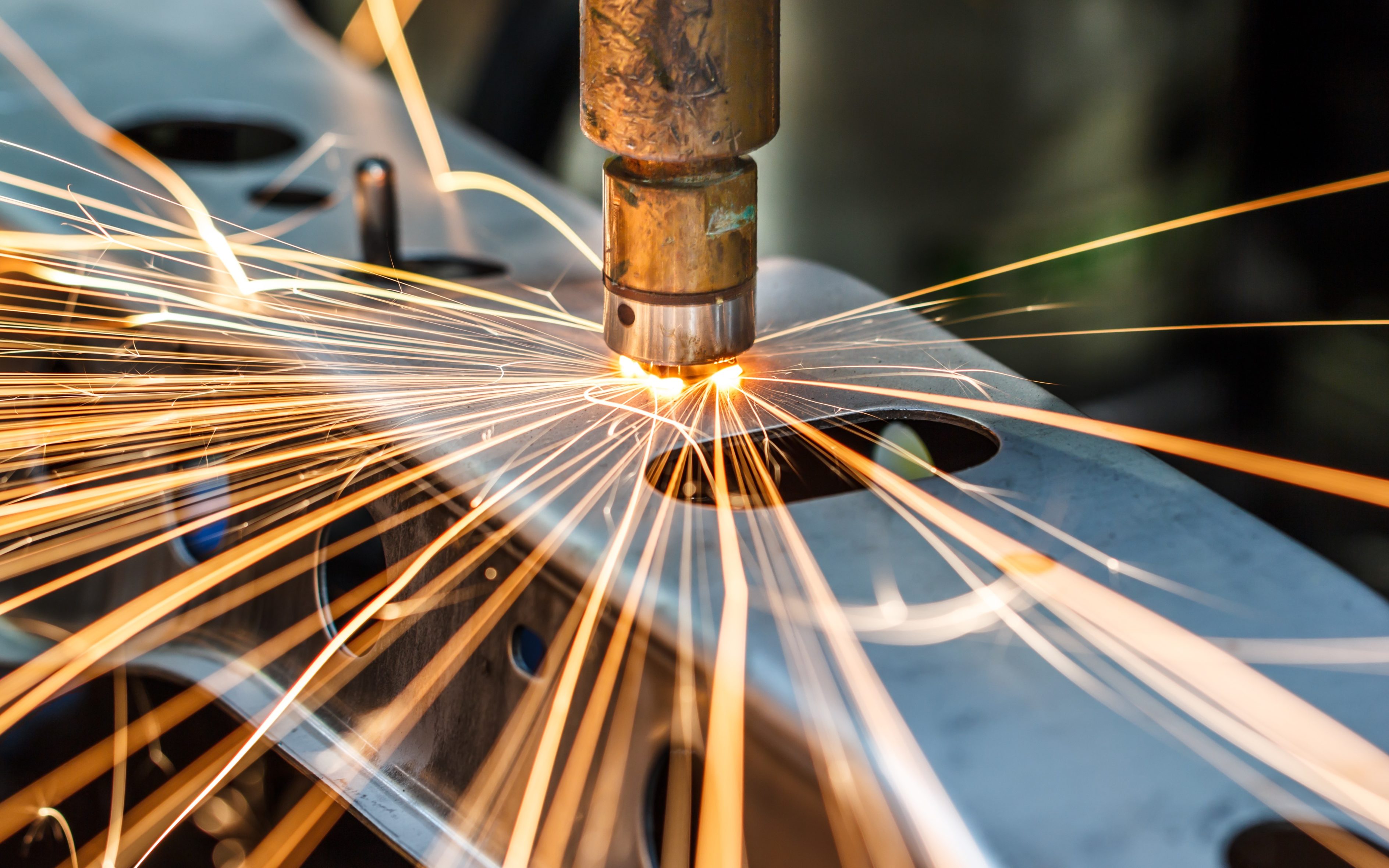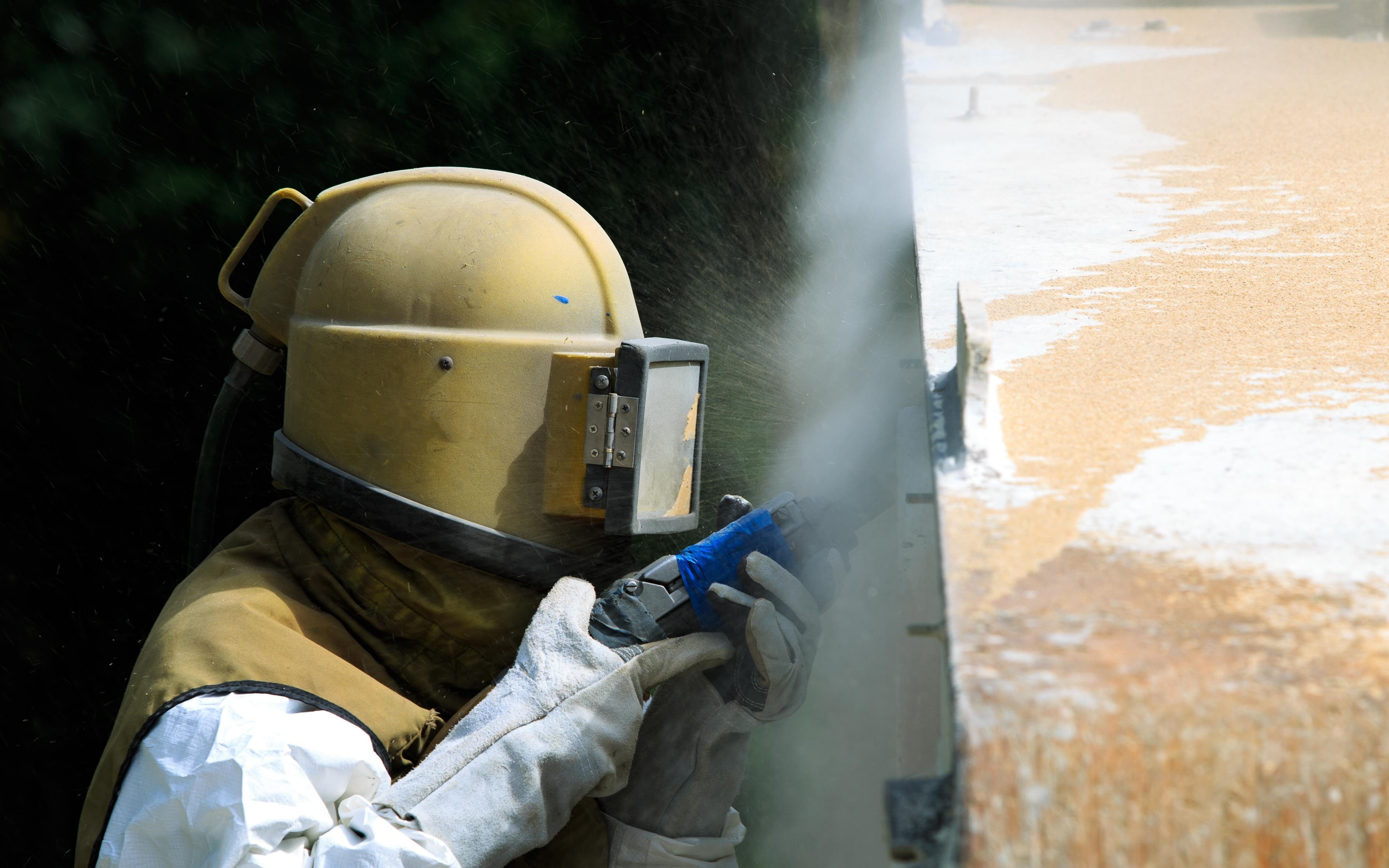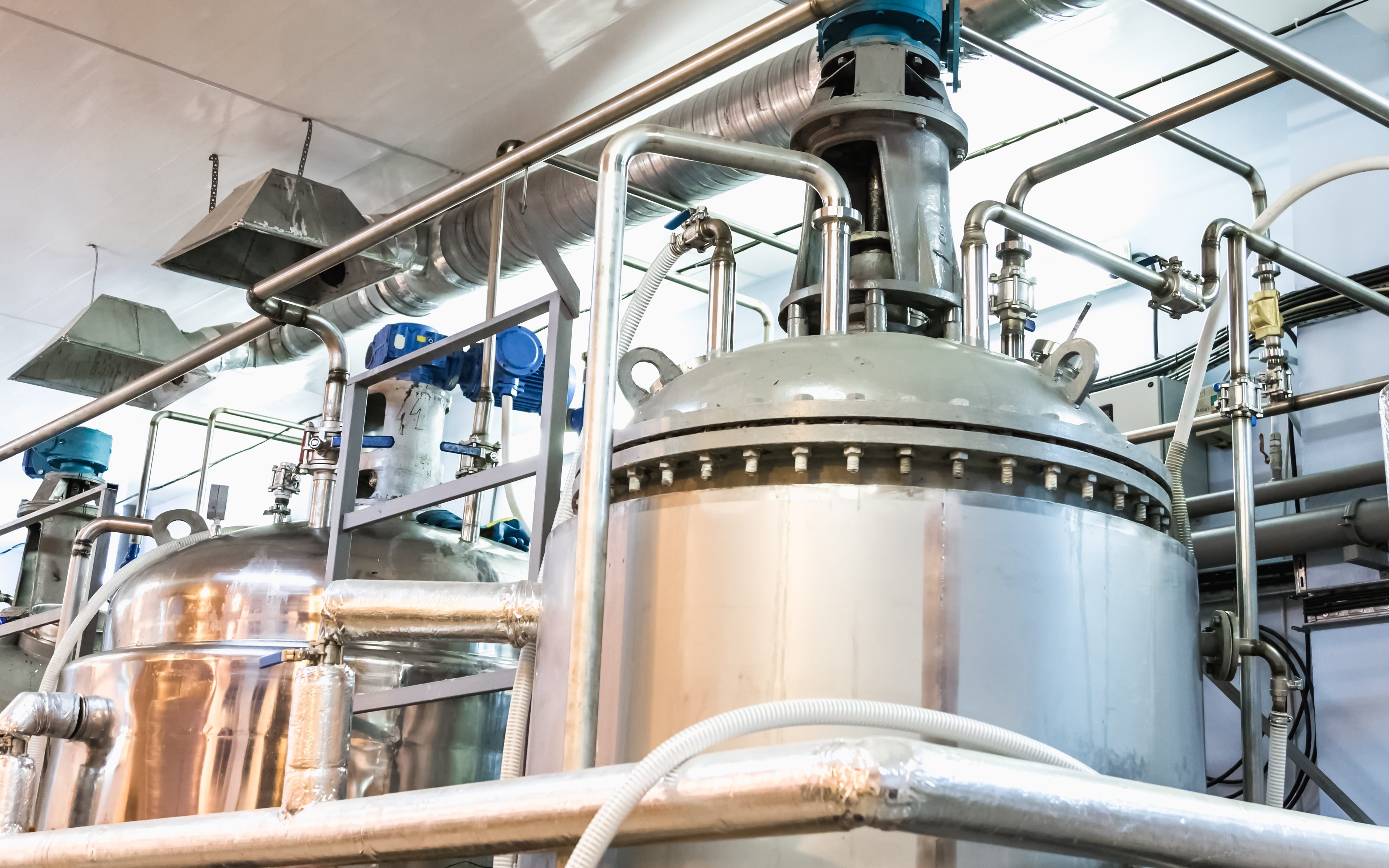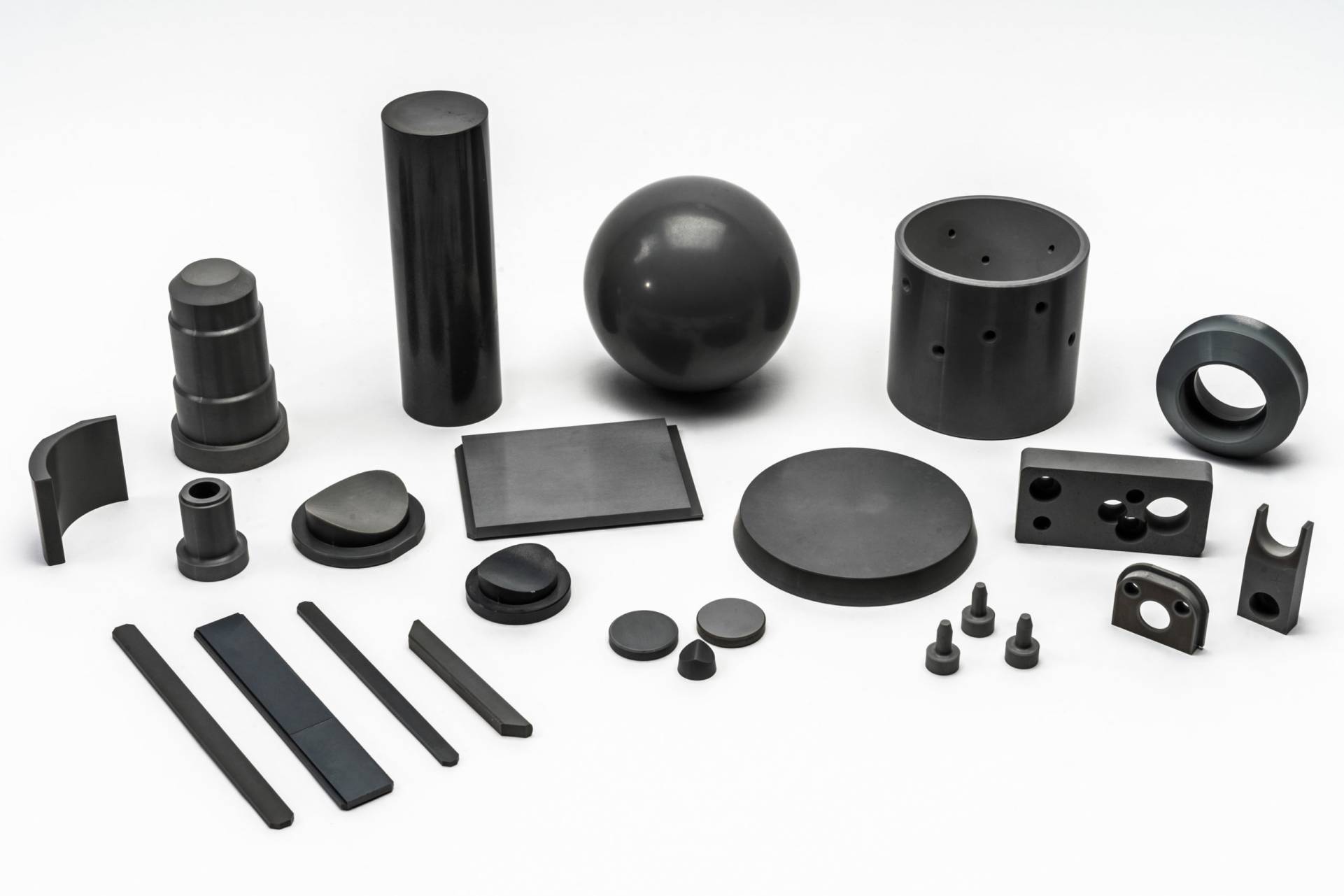ABRASIVE WEAR
The Problem: Degradation, Downtime, and Cost
Abrasive wear is one of the most prevalent failure modes in industrial equipment, accounting for 36–58% of total wear cases across sectors like metal forming, shot blasting, and grinding. It occurs when hard particles — either loose or fixed — physically erode a surface through repetitive mechanical action. In practice, this manifests in several costly and disruptive ways:
- Rapid material loss in components such as shot blast nozzles, location pins, and grinding media.
- Contamination of final products, especially in sensitive processes, due to wear debris.
- Surface degradation, impacting the precision and performance of parts.
- Frequent replacements of conventional materials like tungsten carbide, which suffer from cobalt binder erosion.
For companies operating in high-wear environments, these issues translate into unplanned downtime, increased maintenance, and reduced product quality.
- 12× lifespan over steel in pins
- 12× lifespan over steel in pins
High fracture toughness
Thermal shock resistant
- Electrically conductive sialon composite
Complementary Solutions
In addition to our flagship range of sialon abrasion-resistant wear parts, we offer materials tailored for specific abrasive and corrosive applications:
- Silicon Carbide (Sycarb): Ideal for mechanical seals in abrasive, chemically aggressive media
- Ceramic Welding Rolls: Deliver smoother surface finishes and extended lifetimes in non-ferrous metal forming
- Custom Prototyping & Testing: Designed workflows to simulate and optimize ceramic performance under your unique wear conditions
Why It Works
Sialons derive their performance from a carefully engineered microstructure that fuses silicon nitride hardness with aluminum and oxygen doping. This promotes superior sintering, enhanced fracture resistance, and the ability to maintain structural integrity even in particle-rich, high-energy environments. In head-to-head comparisons, Syalons outperform both metals and traditional ceramics in resistance to surface erosion and particulate impact.


Sialon and zirconia provide the high temperature strength and non-wetting properties necessary for metal casting, extruding, and welding.

Technical ceramics are characterised by excellent mechanical strength and hardness, and are widely used in extreme wear applications.

Silicon nitride offers excellent corrosion and thermal resistance and are ideal materials for use in the chemical and process industries.

